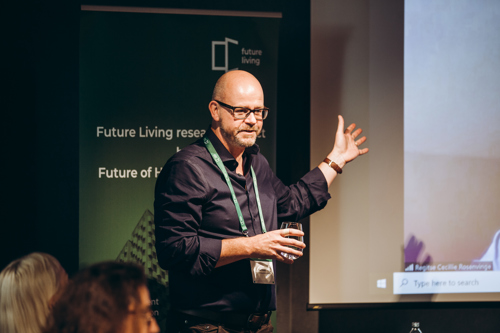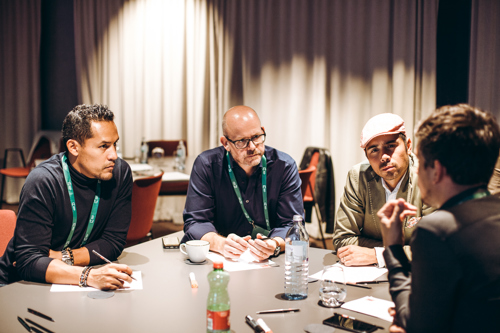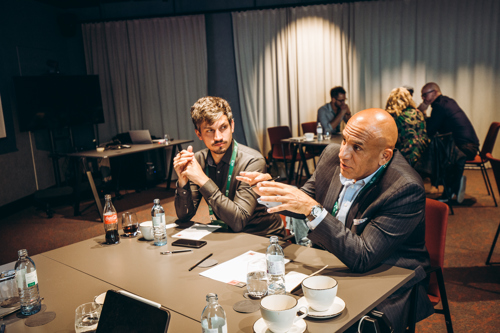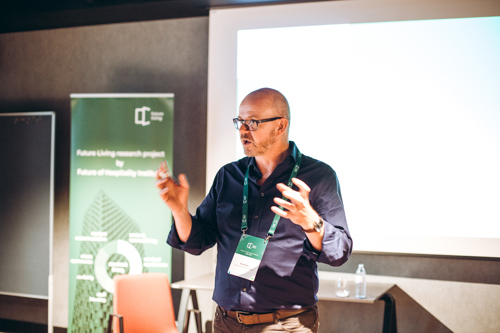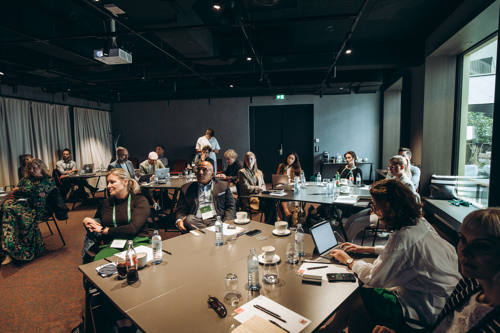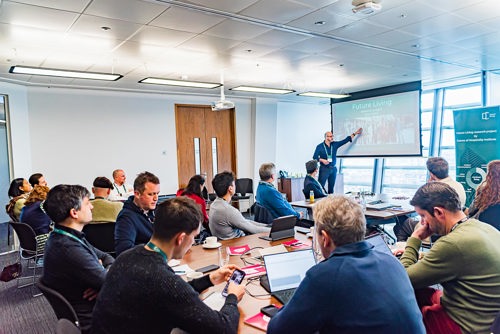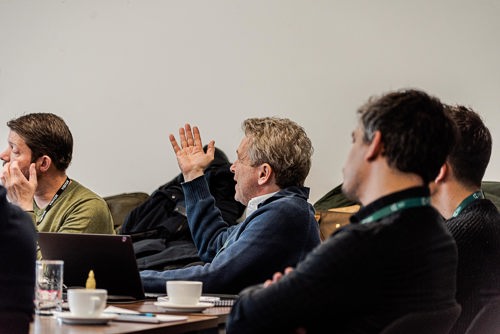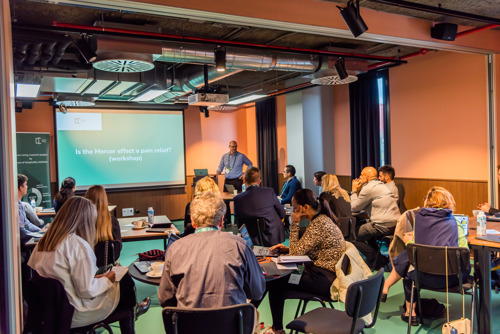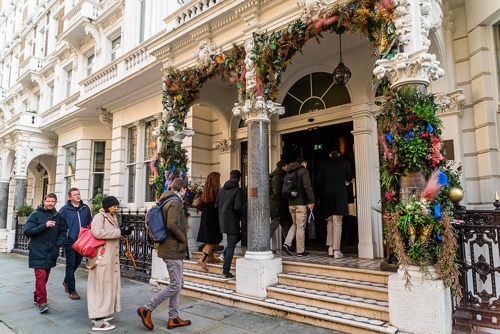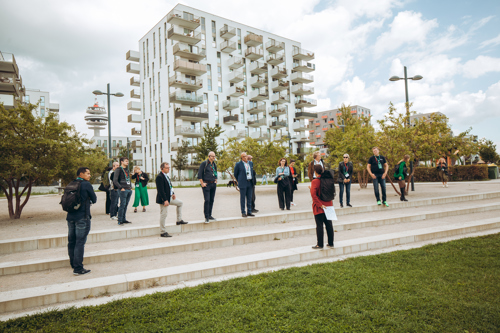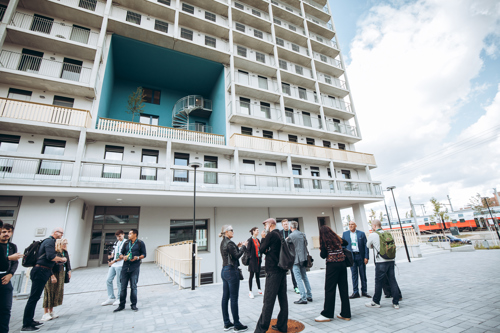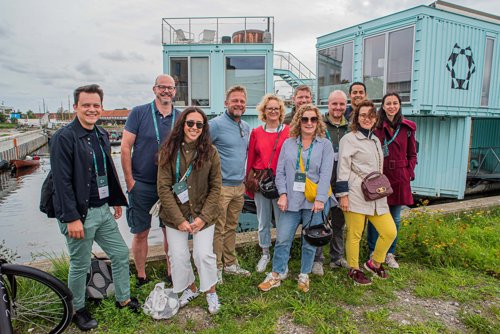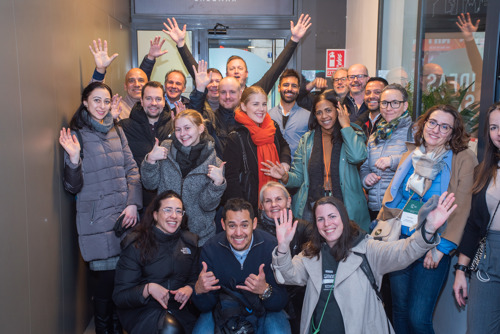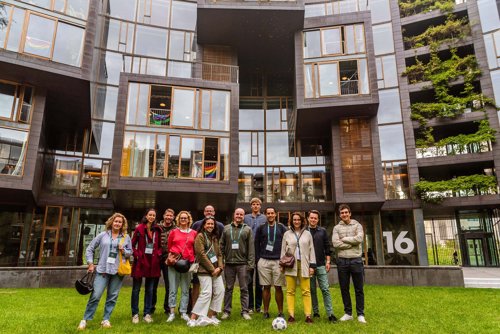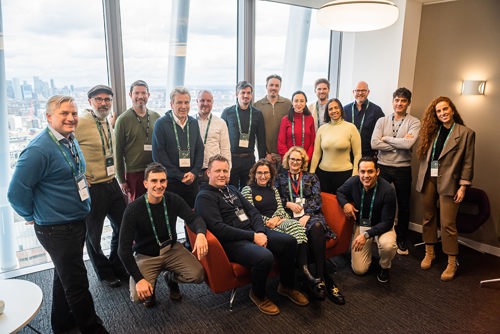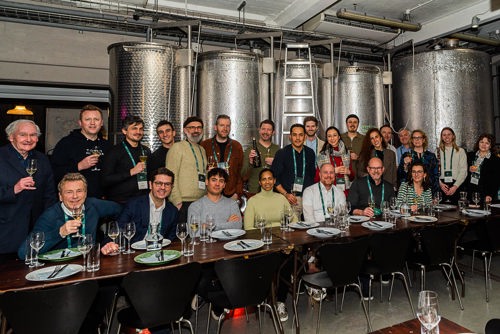Phase two
The Phase two of Future Living research project has just started!
Watch the short video where our AI Avatars (Carlos, Karla, and Charles) describe the Future Living research project, key topics to be discussed, methodologies, partners and much more!
Overview
Future Living, a research project by the Future of Hospitality Institute, aims to identify emerging trends in accommodation demand and the new ways of living. In doing so it considers innovations that will positively impact serviced living concepts – from student accommodation to senior residences – which are best placed to provide solutions for this fast changing demand.
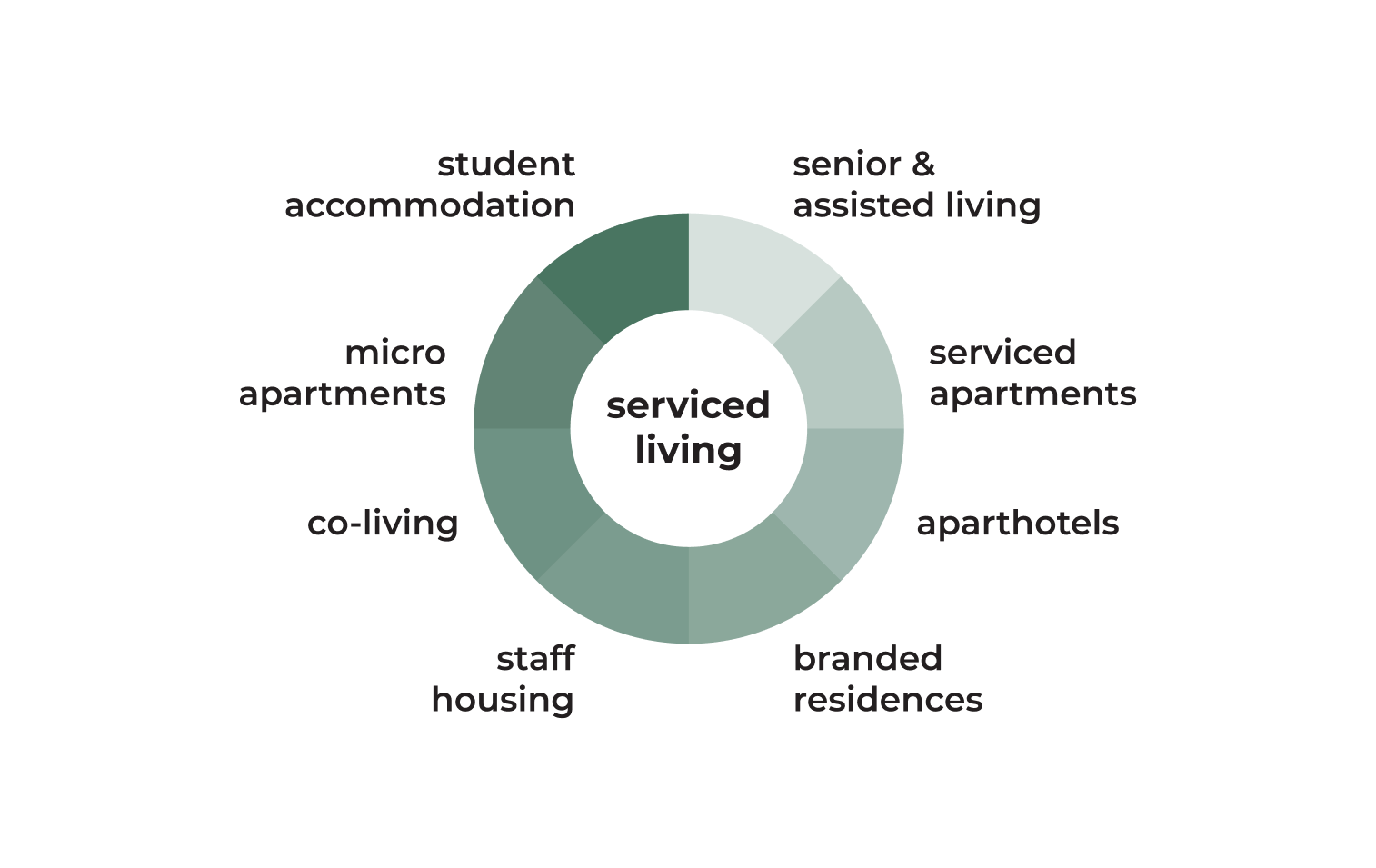
The glue that binds these concepts to our ‘serviced living’ wheel, is the focus they increasingly have on the user experience whether that be guest, resident or tenant, staying or living from a few days to 12 months +. This hospitality and service mindsight is shaping the conceptualisation of new brands in the sector.
The Future Living project brings together an international group of partners from different backgrounds (hospitality operators, investors, architects & designers, technology etc.), with the aim of building a collective intelligence contributing to identify those trends and innovations and exchange ideas and experiences.
The research project was launched in 2022 and it will start its second two year phase in the summer of 2024.
Research focus
The second phase of the research project will take the learnings and research conducted from the first phase of the project, consultations from the partners and insight from industry, as the ground for the upcoming research topics and questions.
The user experience and sustainability will continue to link the framework of phase two.
The four main pillars of research will be:
- User experience: what are the main factors playing a role in the user experience across different serviced living concepts. Emotions and wellbeing are now “a must” in the user experience, how can we trigger and address them at precise moments in the user journey for them to bring real value.
- Architecture & Planning: what are the user needs and desires around the design of living spaces across the different life stages; how should ancillary spaces be designed and thought out to match changing demand; how to integrate and make use of urban spaces; what is the value of interstitial (in-between) spaces that act as social buffers binding communities together.
- Digitalisation & Technology: what are the new possibilities for digitalisation to enable connection with new target segments, communicate with current users, and improve the whole stay experience; how hybrid the user experience should be according to the needs of specific segments and markets; what are the opportunities that digitalisation offers to understand the user’s needs; how should operators of serviced living respond to accelerating digitalisation in order to provide an outstanding user experience.
- Sustainability: sustainability is in every step of the journey, and much has been done around the operation in hospitality, but what can we do to push sustainable behaviour across different segments, life stages, and serviced living concepts.
*Note: the research questions are being discussed with the Future Living project partners to design concrete research topics and questions, as well as to prototype research activities for market solutions.
Outputs
- Reports in the shape of concrete recommendations and user scenarios.
- Presentations, executive summaries, podcasts, and keynote presentations.
- In-meeting generated documentation based on input and feedback collected from external experts (research institutes, universities, professionals), research partners of the project, and the Future Living cohort.
- Best-practice cases and on-site visits (during on site meetings) in the form of case cards with direct input from sources, containing relevant information and highlights that relate to the specific topics under review.
Meetings:
Every three months, the Future Living cohort will come together to shape the research and/or discuss the results either at two-day meetings, in different cities around the globe, or in an online format. The onsite meetings are full of purpose-oriented activities related to the topic under discussion for that specific meeting, aiming to complement the discussions and boost brainstorming.
A glimpse to the project
Please click on the images below to see a larger view.


